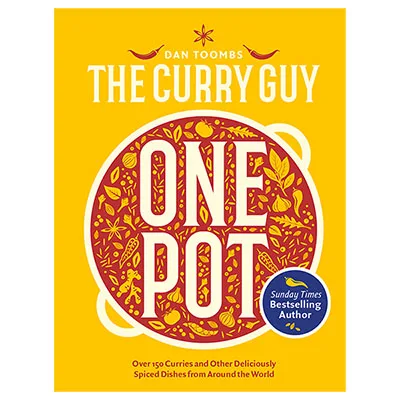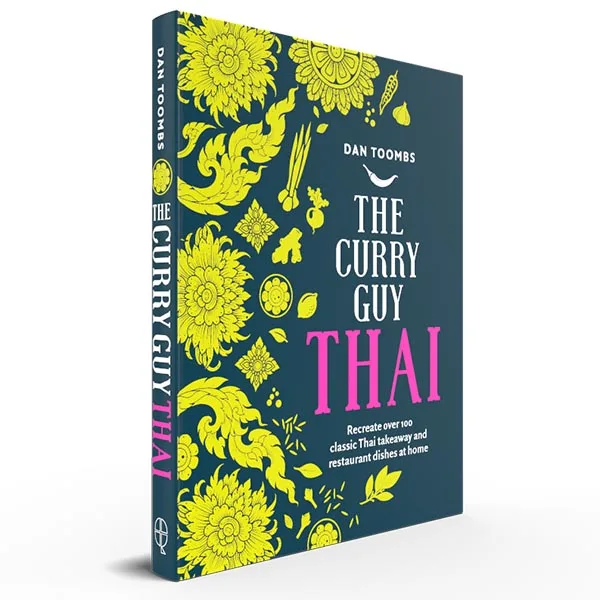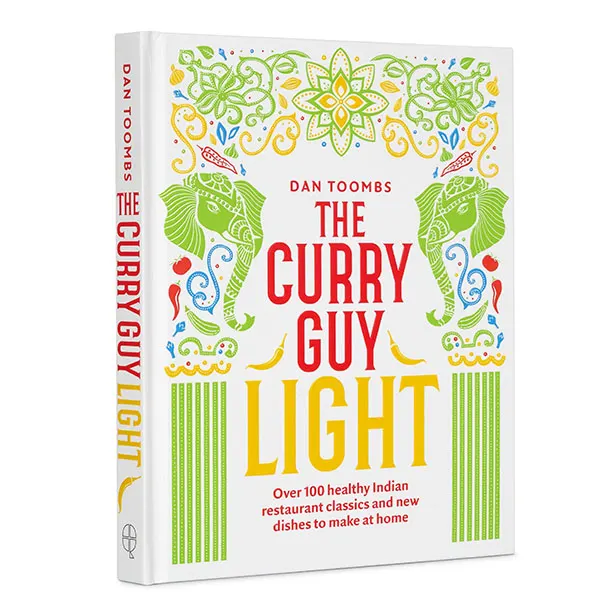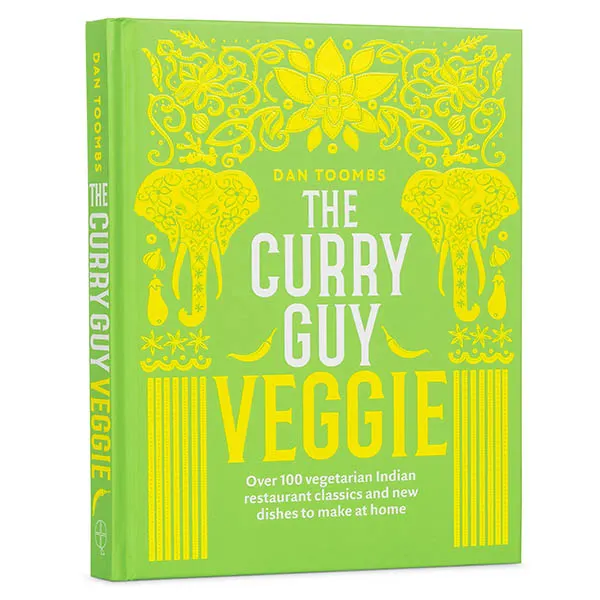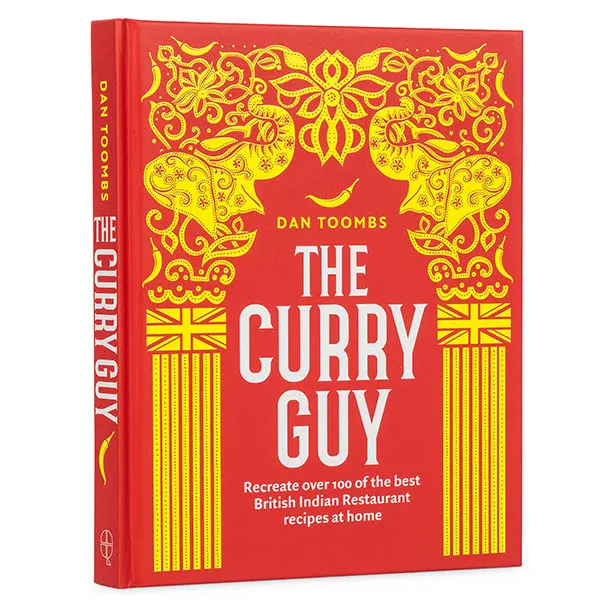Gochujang Pasta is so easy to prepared and tastes amazing!
This is an easy one. If you like the spicy and mildly sweet flavour of Korean Gochujang, you are going to love the gochujang pasta. This is just one of the many Korean recipes I have scheduled to add to the blog.
You can cook this gochujang pasta in about 15 minutes, making it a perfect one pot meal for any day of the week.

About this gochujang pasta recipe
Gochujang noodles are hugely popular and you could make this recipe with Chinese noodles too. In fact, you can make gochujang pasta with any pasta you prefer.
This is kind of a fustion dish combining Korean flavours with more Italian pasta ingredients. It wasn’t my idea. Korean pasta is becoming very popular at many Korean restaurants.
What are the main ingredients in the Gochujang paste?
There are many different variations but my recipes incorporates a list of what goes into most. These are:
- Gochujang: This is a Korean spice paste that is available at Asian grocers and online. The thick red paste is mildly spicy and adds sweetness as well.
- Toasted sesame oil: You can’t leave sesame oil out. It adds a delicious nutty flavour to the sauce.
- Soy sauce: Soy sauce adds a savoury flavour to the sauce. You can add as much as you like to taste.
- Mirin: This adds a sweet flavour to the sauce.
- Honey (optional): Many people add honey or sugar to the sauce. I find the gochujang and mirin make it sweet enough. You might disagree, however so add some honey if you like.
- Gochugaru: Gochugaru is Korean ground chilli flakes. You could also use Sechuan chilli flakes or any chilli flakes you like for that matter.
What goes into the pasta and sauce?
The prepared gochujang paste sauce is added to the pasta sauce with the following ingredients:
- Pasta: You can choose any pasta you like for this recipe. Even spaghetti will do just fine.
- Aromatics: Garlic, ginger, spring onions (scallions) and fresh chillies are all fried in oil to impart their flavour into the sauce.
- Chopped Tomatoes: This is a pasta sauce after all. The tomatoes add a tangy, acidic flavour to the sauce.
- Cream: This is a creamy sauce. I add about 70ml (1/4 cup cream) but you can add this to taste.
- To Garnish: Sesame seeds add a nice nutty flavour to the sauce and the basil gives the dish a nice Italian fusion flavour.
How spicy is gochujang pasta?
I don’t find it very spicy but my wife does. You can easily adjust the spiciness of gochujang pasta by adding less gochujang or gochugaru (dried chilli flakes).
If you are at all concerned, add less first. You can always stir in more to taste later in cooking.
Can you work ahead?
Yes. You can mix all the ingredients for the gochujang paste a few days ahead of cooking. Go ahead and prepare all the aromatics as well.
Even the pasta can be cooked a day or two ahead of finishing the dish. If doing this, please read my notes in the recipe card below.
How long can you keep leftovers in the fridge?
You can keep the leftovers, covered tightly in your fridge for about 5 days. I just did exactly that. I heated them up in my microwave and they were still amazing!
Can you freeze gochujang pasta?
You sure can. I freeze big batches in individual portions for my daughter to pick up when she visits home from university.
I’ve never had any complaints and I continue to get requests for more frozen gochujang pasta.
Step by step photographs

Gather and prepare all of your ingredients before you start. I usually cook the pasta while the rest of the dish is cooking to save time but this time I pre-cooked it.

Whisk all of the ingredients for the gochujang paste together in a mixing bowl. Set aside. The honey is optional for a sweeter flavour. I leave it out.

Heat the oil in a wok or high-sided pan over a medium-high heat and stir in the garlic, ginger, spring onions (scallions) and chillies. Fry for about a minute to soften.


Bring it all to a simmer and then pour in the cream and about 3 tablespoons of toasted sesame seeds. You can make this as creamy as you like but I tend to add about 70ml (1/4 cup).

Add your prepared pasta to the simmering sauce along with the sesame seeds.

Stir the pasta right into the sauce to coat and then add salt and/or pepper to taste if needed.

Divide between 4 bowls and serve garnished with chopped basil, spring onions (scallions) and more sesame seeds.
If you like this gochujang pasta, you might like to try some of the following Korean and Chinese favourites too.
The Korean and Chinese recipe sections of my blog is being added to regularly. So please check back regularly for new recipes.
Korean Recipes
Braised Beef Stew
Korean Ramen
Korean Pork Chops
Baked Salmon Korean Style
Korean Pancakes
Kimchi Jjigae
Easy Bibimbap Recipe
Beef Bolgogi
Korean Fried Chicken
Chinese Recipe
Bang Bang Chicken
Beef in Black Bean Sauce
Black Bean Noodles
Sesame Chicken
General Tso’s Chicken
Crispy Chili Oil Noodles
Soy Sauce Chicken
Bam Bam Chicken
Chinese Chicken Curry
Cashew Chicken
Pork Potstickers
Shrimp and Broccoli
Have you tried this gochujang pasta recipe?
If yes, please give it a star rating in the recipe card below and leave a comment. I love receiving your feedback and I’m sure other readers of my blog do too. Thank you.
If you are not already doing so, please follow me on Instagram and Facebook for all my latest recipes.
Gochujang Pasta

This delicious gochugang pasta can be cooked in about 15 minutes. It's the perfect, easy weekdeay meal.
Ingredients
- FOR THE GOCHUJANG PASTE
- 4 tbsp gochujang
- 1 tbsp toasted sesame oil
- 2 tablespoons soy sauce
- 2 tbsp mirin
- 1 tbsp honey (optional)
- 1 – 2 tbsp gochugaru
- FOR THE PASTA AND SAUCE
- 500g (17oz) dried pasta of choice
- 2 tbsp rapeseed (canola) oil
- 4 spring onions (scallions), finely chopped
- 5 garlic cloves, finely chopped
- 1 x 2.5cm (1 inch) ginger, finely chopped
- 3 finger chillies, thinly sliced
- 200g chopped tomatoes
- 125ml double cream or half and half
- 3 tbsp toasted sesame seeds.
- Salt and pepper to taste
- TO GARNISH
- Basil leaves
- More sesame seeds
Instructions
- Whisk all of the ingredients for the gochujang paste together in a mixing bowl. I do not add the honey as I find the gochugang sweet enough but you should try it and add honey, if you want it, to taste. Set aside.
- Cook your pasta of choice following the package instructions. You can use any pasta here. Pour into a strainer and then place the pasta in a bowl and mix in about a tsp of sesame oil so that the pasta doesn't stick together. Set aside. (SEE NOTE).
- Heat the oil in a wok or high-sided pan over a medium-high heat and stir in the garlic, ginger, spring onions (scallions) and chillies. Fry for about a minute to soften and then add the chopped tomatoes and prepared gochujang sauce.
- Bring it all to a simmer and then pour in the cream and about 3 tablespoons of toasted sesame seeds. You can make this as creamy as you like but I tend to add about 70ml (1/4 cup).
- Bring to a simmer and add the cooked paste. Stir well to combine and heat the pasta through. Try it and add salt and/or pepper to taste.
- Divide between 4 bowls and top with the chopped basil and more sesame seeds if you like.
Notes
Storing the cooked pasta: If you are using the cooked pasta immediately, adding a little oil stop stop it sticking will suffice. If you are cooking the pasta an hour or more before using, rinse it well under water to remove any excess starch. Then place in a mixing bowl and stir in the oil.
Recommended Products
As an Amazon Associate and member of other affiliate programs, I earn from qualifying purchases.
Nutrition Information:
Yield:
4Serving Size:
1Amount Per Serving: Calories: 360Total Fat: 22gSaturated Fat: 9gTrans Fat: 0gUnsaturated Fat: 12gCholesterol: 38mgSodium: 1497mgCarbohydrates: 36gFiber: 4gSugar: 23gProtein: 7g

